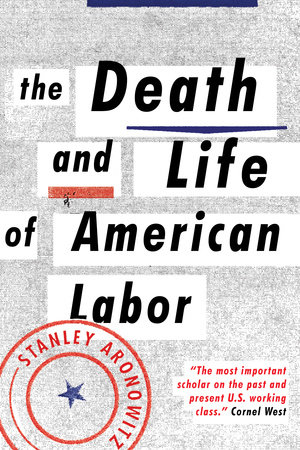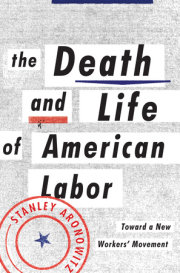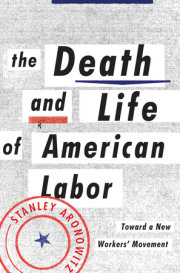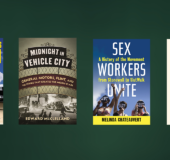The decline of the American union movement—and how it can revive, by a leading analyst of laborUnion membership in the United States has fallen below 11 percent, the lowest rate since before the New Deal. Labor activist and scholar of the American labor movement Stanley Aronowitz argues that the movement as we have known it for the last 100 years is effectively dead. And he explains how this death has been a long time coming—the organizing and political principles adopted by US unions at mid-century have taken a terrible toll. In the 1950s, Aronowitz was a factory metalworker.
In the ’50s and ’60s, he directed organizing with the Amalgamated Clothing Workers and the Oil, Chemical and Atomic Workers. In 1963, he coordinated the labor participation for the March on Washington for Jobs and Freedom. Ten years later, the publication of his book False Promises: The Shaping of American Working Class Consciousness was a landmark in the study of the US working-class and workers’ movements.
Aronowitz draws on this long personal history, reflecting on his continuing involvement in labor organizing, with groups such as the Professional Staff Congress of the City University. He brings a historian’s understanding of American workers’ struggles in taking the long view of the labor movement. Then, in a survey of current initiatives, strikes, organizations, and allies, Aronowitz analyzes the possibilities of labor’s rebirth, and sets out a program for a new, broad, radical workers’ movement.





